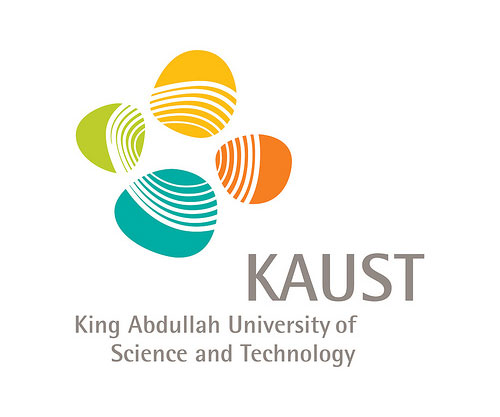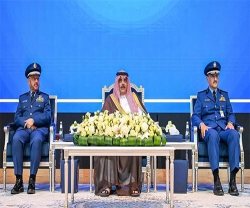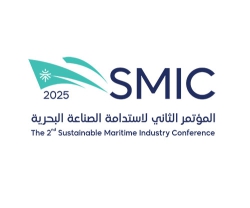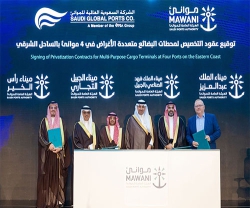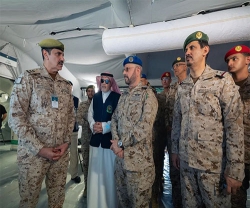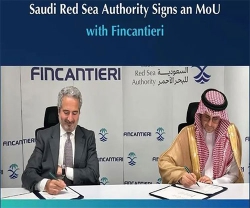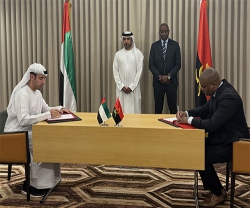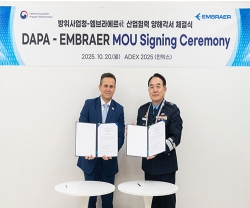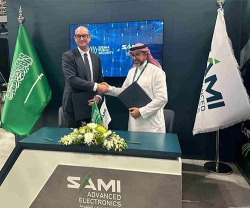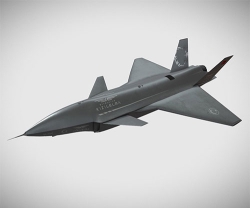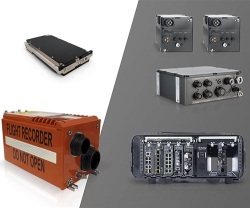King Abdullah University of Science and Technology (KAUST) and Spire, a leading space data, analytics, and services provider, will launch the “KAUST CubeSat” research satellite by the end of 2022, the Saudi Press Agency (SPA) reported.
Matthew McCabe, Director of KAUST Climate and Livability Initiative, explained that the research satellite specializes in collecting high-quality and high-resolution data for terrestrial, coastal, and ocean ecosystems, describing the launch as qualitative process for the Kingdom’s efforts in the field of protecting and restoring ecosystems on land and at sea.
McCabe said the data collected from the satellite is of paramount importance, especially in providing high-resolution details about the current conditions of ecosystems in the region, and monitoring improvements resulting from environmental management strategies, thus, supporting the Green Saudi the Green Middle East Initiatives.
The launch of this first satellite of its kind in the Kingdom constitutes the most technologically advanced, as it combines the expertise of Spire in developing Global Navigation Satellite System (GNSS-R) reflectors, and hyperspectral imaging devices supported by advanced capabilities in processing and artificial intelligence, which will allow KAUST University researchers collect, analyze and use high-resolution images of the Earth's surface for detailed mapping of terrestrial environments, monitoring of vegetation cover status, exploration of coastal ecosystems and coral reefs, development of precision agricultural research, and a host of other earth and environmental science applications.
KAUST CubeSat research satellite will be supplied by a hyperspectral imaging sensor that can image areas of interest anywhere in the world across more than 30 user-adjustable spectral bands which can be adjusted by a visible near-infrared (VNIR) spectrum. The received data from the sensor can be combined with Spire's GNSS receiver to monitor micro-environmental variables such as soil moisture, helping in many areas such as agriculture, forestry, and land management.
King Abdullah University of Science and Technology (KAUST) advances science and technology through distinctive and collaborative research integrated with graduate education. Located on the Red Sea coast in Saudi Arabia, KAUST conducts curiosity-driven and goal-oriented research to address global challenges related to food, water, energy, and the environment.
Established in 2009, KAUST is a catalyst for innovation, economic development and social prosperity in Saudi Arabia and the world. The University currently educates and trains master’s and doctoral students, supported by an academic community of faculty members, postdoctoral fellows and research scientists.
With over 100 nationalities working and living at KAUST, the University brings together people and ideas from all over the world.

